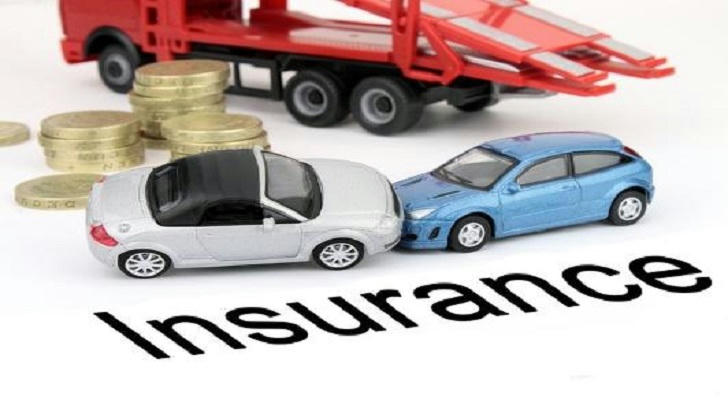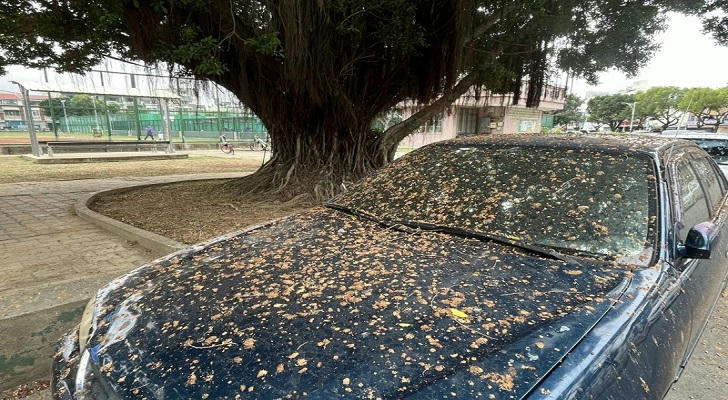Do I Need Car Insurance If I Don't Drive My Car Often

Introduction
Why Car Insurance Matters
Most places require you to have car insurance by law. Without it, you might face fines, penalties, or even lose your driver's license. Insurance ensures every car is covered in case of an accident, even if you don't drive it much. It protects you financially and helps handle risks like accidents or damage.
Why This Topic Is Important
Even if you rarely use your car, you still need insurance to avoid legal issues and keep your registration. Accidents can happen even when your car is parked, and theft is always a risk. For those who drive less, there are often cheaper insurance options like low-mileage or pay-as-you-drive plans. Driving less can reduce your rates, so exploring these options could save you money while providing the coverage you need.

1. Legal Requirements for Car Insurance
What You Need to Know
In most areas, you must have basic insurance for your car at all times. If your insurance lapses, you might face fines, lose your license, or have higher rates later. Even if you're not driving your car, you might need to keep some insurance or inform your insurer if you're storing it. Rules vary by location, so check the requirements where you live. This keeps you legal, protects your car, and makes it easier to update your insurance when you start driving again.

Why Insurance Is Required
Car insurance is mandatory to protect everyone financially and legally in case of an accident. It covers costs like medical bills and property damage, reducing financial strain. It also promotes safer driving, as stricter insurance laws often mean fewer uninsured drivers. This requirement helps ensure drivers are prepared for accidents and supports overall road safety.
2. Risks with Infrequent Use
Potential Damage
Leaving a car outside in bad weather like sun, rain, snow, or ice for a long time can harm the paint, cause rust, and wear out parts. Not driving it often can lead to engine problems, a dead battery, and old fluids from lack of use and maintenance. A car that's rarely used might also be more likely to be vandalized or stolen. To avoid these issues, consider regular maintenance and secure storage.

Accidents and Liability
Even if you don't drive often, your car can still be involved in accidents, whether it's parked or someone else is driving it. To minimize potential losses, ensure you have the right insurance coverage and follow safety practices.
3. Insurance Costs and Considerations
Saving on Insurance
If you drive infrequently, you might qualify for lower rates. Many insurers offer discounts for driving fewer miles, and some use devices or apps to track your driving habits for lower rates. If your car is parked for long periods, storage or non-use insurance might be cheaper. Keeping a clean driving record also helps reduce insurance costs.
4. Alternatives to Traditional Car Insurance
Non-Usage Insurance
Non-use or storage insurance is for cars not driven often, like classic or seasonal vehicles. It covers risks while the car is parked but usually costs less than regular insurance. However, it doesn't cover damage or liability if you start driving the car again, so you'll need to update your policy if you drive it. Also, check local regulations to ensure you comply.
Temporary Insurance
Temporary insurance covers you for a short period rather than a full year. It typically includes liability coverage for damage or injuries and might also cover theft, vandalism, and accidents. It's usually cheaper than a full year's policy and is great for short-term needs like borrowing a car or attending special events. It offers coverage only for the time you need without a long-term commitment.
5. How to Determine Your Insurance Needs
Assessing Your Driving
If you don't drive often, your insurance needs may differ from regular drivers. First, figure out if you use your car daily, occasionally, or just at certain times of the year. Then, look into insurance options like telematics or pay-per-mile plans for lower rates based on your driving habits. For cars parked long-term, consider temporary or non-use insurance. Choosing the right insurance based on your driving can save you money and ensure you have the necessary coverage.
Consulting Insurance Providers
Start by researching car insurance options online to compare policies, coverage levels, and prices. After narrowing down your choices, contact insurance agents or brokers from the companies you're interested in. They can provide more details, answer your questions, and help you understand each policy. Also, check customer reviews to ensure the company has a good reputation for service and handling claims.
Success stories
Case 1: Emily, a college student
Emily needs insurance for the three months she'll be away and doesn't want to pay for a whole year since she won't be driving. She's concerned about her car being stolen or damaged while parked. Emily finds a few companies online offering short-term insurance, talks to their agents, and picks a policy that suits her needs. She informs her friend, who will look after the car, about the insurance and provides a copy of the policy. She also ensures her car is parked securely. When she returns, her car is in great shape, and she's happy she set up temporary insurance for peace of mind.
Case 2: John, a business consultant
John needs insurance for his Toyota Corolla while he's away for two weeks. Since he won't be driving it and a friend will use it, he opts for temporary insurance instead of paying for a whole year. He discusses options with a few agents and selects a plan that covers everything he needs. His friend takes care of the car and follows all insurance rules. When John returns, the Corolla is in perfect condition, and he's pleased with the temporary insurance.
Conclusion
Summary of Key Points
This article explores if people who don't drive often still need insurance. It explains the importance of having insurance for legal and protection reasons. It suggests that temporary insurance might be a good option for those who drive less frequently, saving money while providing needed coverage. Understanding local insurance requirements and exploring different policies helps you find the best coverage for your needs.
Final Recommendations
No matter how much you drive, having car insurance is essential. For infrequent drivers, temporary insurance can save money while keeping you legal and protected. It covers only the time you need, so you don't have to pay for a full year if you don't use your car often. It's a flexible and cost-effective option for occasional drivers.
